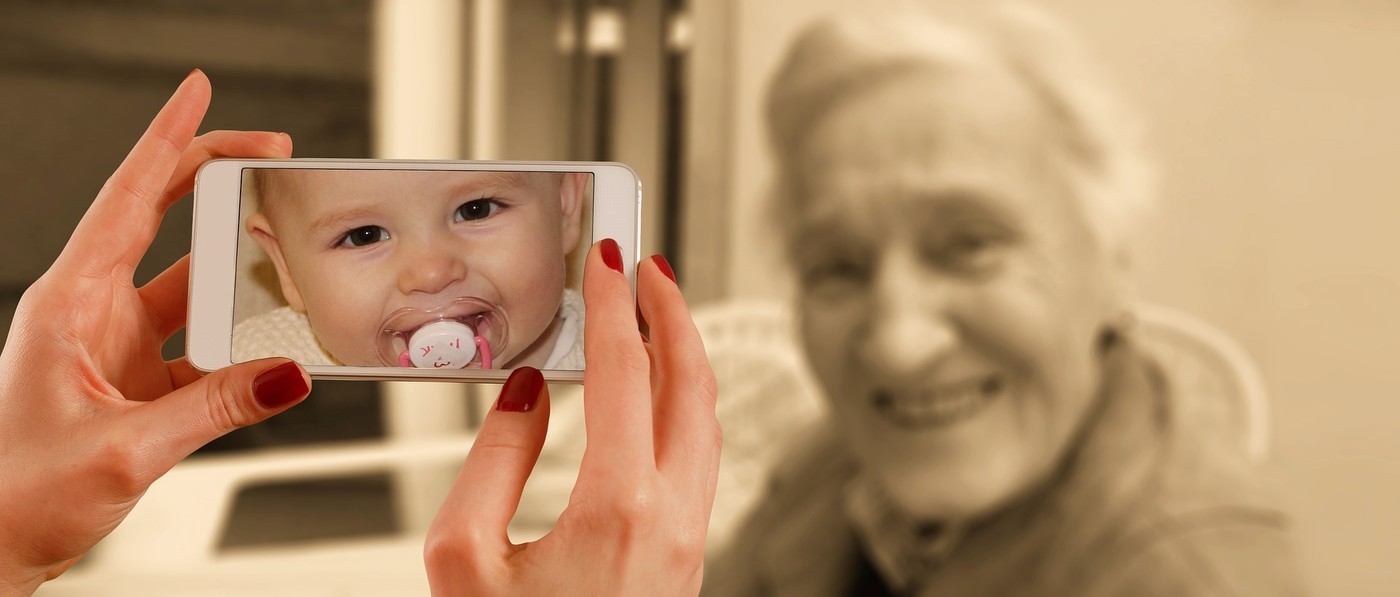Extending your health span, as well as your lifespan

Extending your health span, as well as your lifespan
A group of Oxford University scientists are focusing on the science of getting older without getting old.
While lifespans today are twice as long as they were 200 years ago, and it’s a trend that will probably continue, health spans aren’t necessarily keeping up. So while many of us are getting a lot of extra years, diminished quality of life due to ill-health and disability makes it difficult to enjoy them.
The idea of finding an elixir of youth isn’t new. Archaeologists exploring a Western Han Dynasty tomb in China found a pot containing about three litres of strange-smelling liquid. When analysed, the liquid was found to contain potassium nitrate. This ingredient, according to ancient Chinese literature, was believed to provide immortality. Today we know that it’s toxic.
While elixir remedies from ancient China don’t hold much promise for extending your years of good health, plenty is being done at the coalface of science to explore avenues for anti-ageing. Andrew Steele, a computational biologist from Oxford University, has just published a book called ‘Ageless: The new science of getting older without getting old’. It’s a fascinating read full of interesting facts. Here are a few points made in the book:[1]
Your risk of dying doubles about every eight years
The human risk of death doubles every seven or eight years. A 10-year-old’s risk of death is 0.00875%. At 65, the risk has risen to 1%.
Bad things start happening in your 60s
From a health point of view, most humans breeze through the first five or six decades. Ageing tends to become uncomfortable and inconvenient in our 60s. Sight and hearing diminish, joints get creaky, it’s harder to stay slim and your mind doesn’t feel as sharp as it used to.
Senescent cells build up as you get older
Ageing comes with a build-up of ‘senescent’ cells, which are cells that have stopped dividing. They don’t die; they remain active and can release harmful substances that cause inflammation and damage to neighbouring healthy cells.
Ageing factors lead to age-related diseases
Other ageing factors include cell mutations, the gradual decline of the immune system, and wear and tear on body structures. These things put us as risk of age-related diseases, like cancer, cardiovascular disease, hypertension and dementia.
Removing senescent cells could be the answer
A 2015 study by the Mayo Clinic used a combination of dasatinib, a cancer medicine, and quercetin, a dietary suppressant, to remove senescent cells in mice. They concluded that this drug combo “reversed a number of signs of ageing, including improving heart function”.
Human trials improved physical function
The first trial aimed at removing senescent cells in humans published findings in early 2019. While lung function, clinical test outcomes, frailty levels and overall health among the patients did not change, all 14 participants showed improvement in physical function.[2]
Stem cell transplants are also a contender
Last year, scientists in Texas transplanted stem cells from young mice into elderly ones, adding three months to their average lifespans. In human terms this extension could be worth more than a decade.
Diabetes drug metformin is a possibility too
Next year, a trial will begin to investigate whether metformin, a diabetes drug, might delay the “development or progression of age-related chronic diseases – such as heart disease, cancer and dementia.”
In the meantime, keep moving, eating and living well
Andrew Steele is convinced anti-ageing therapies are on their way. He reckons we’ll see them within 10 years. In the meantime, his advice is to obey the usual rules for living well – don't smoke, eat a balanced diet (but not too much), exercise every day, sleep for eight hours every night, look after your teeth, be vaccinated, wear sunscreen and wash your hands.
[1] https://www.theguardian.com/science/2021/jan/03/observer-magazine-do-we-have-to-age-biologist-andrew-steele
[2] https://www.sciencedaily.com/releases/2019/01/190107134944.htm
